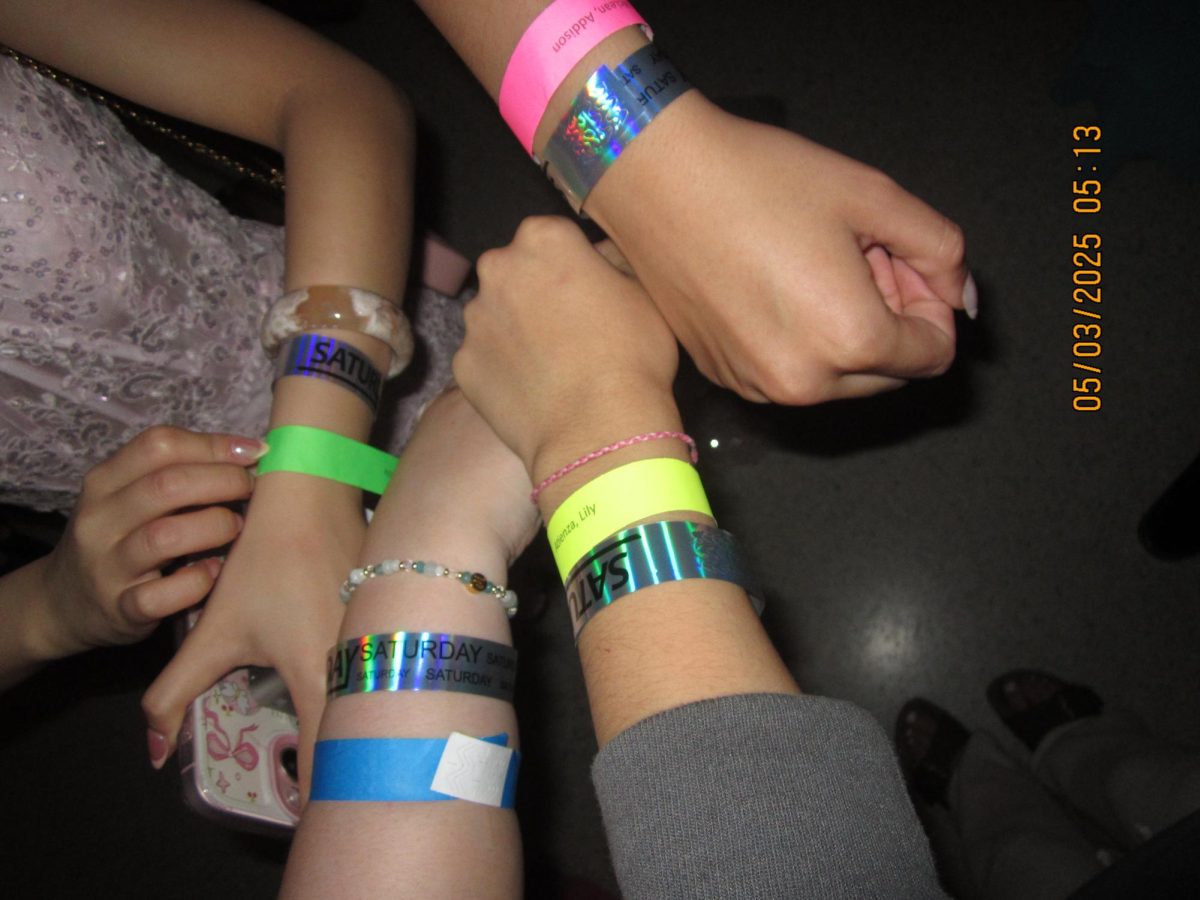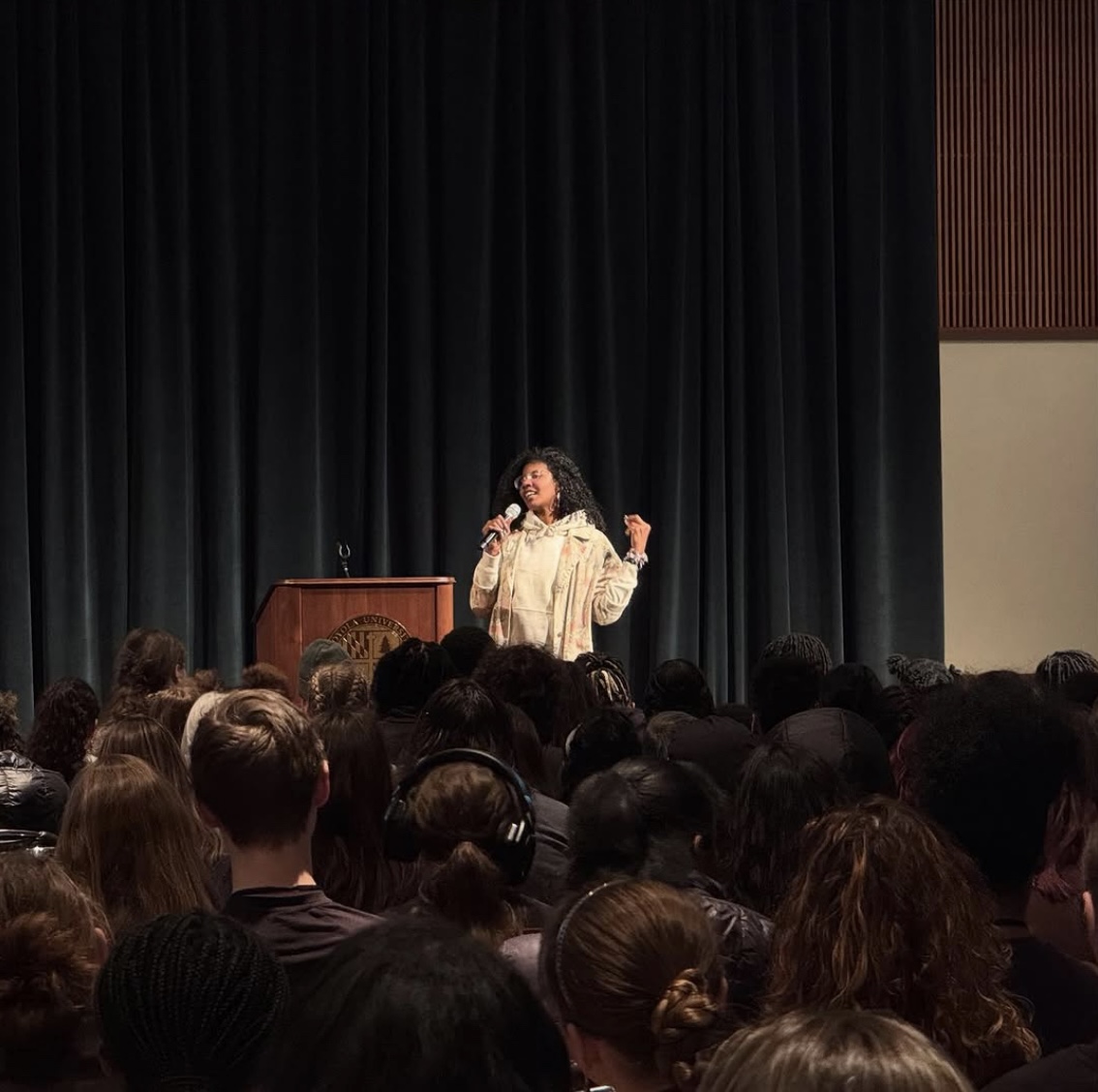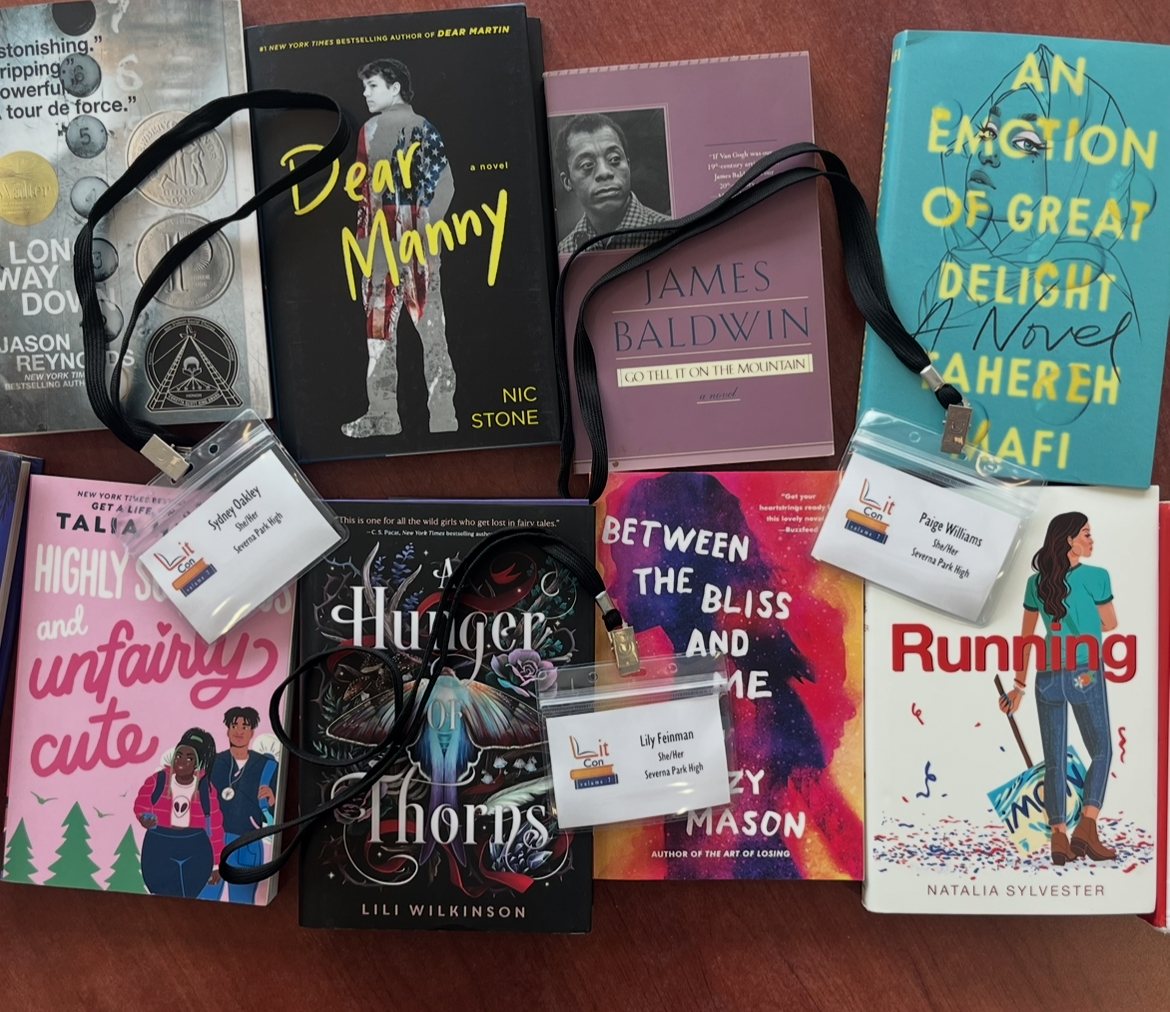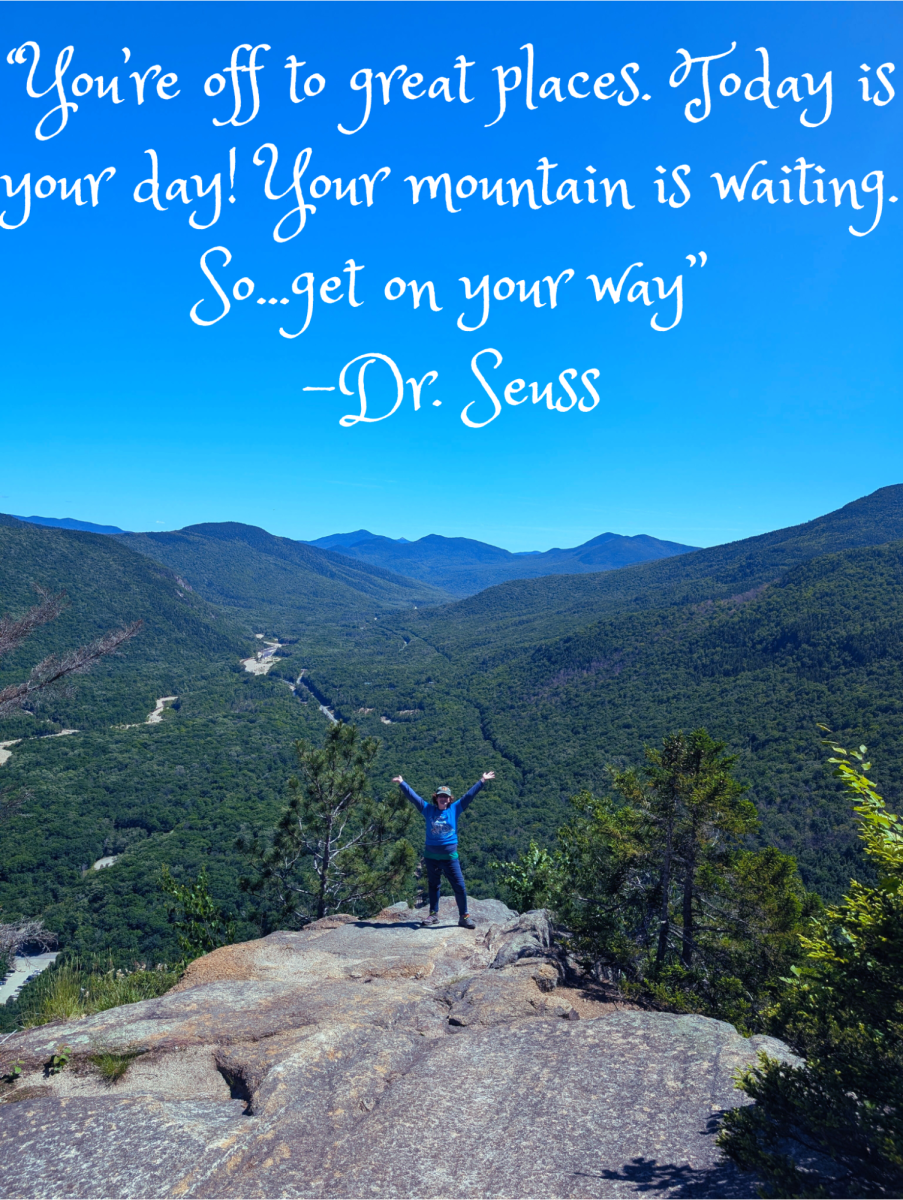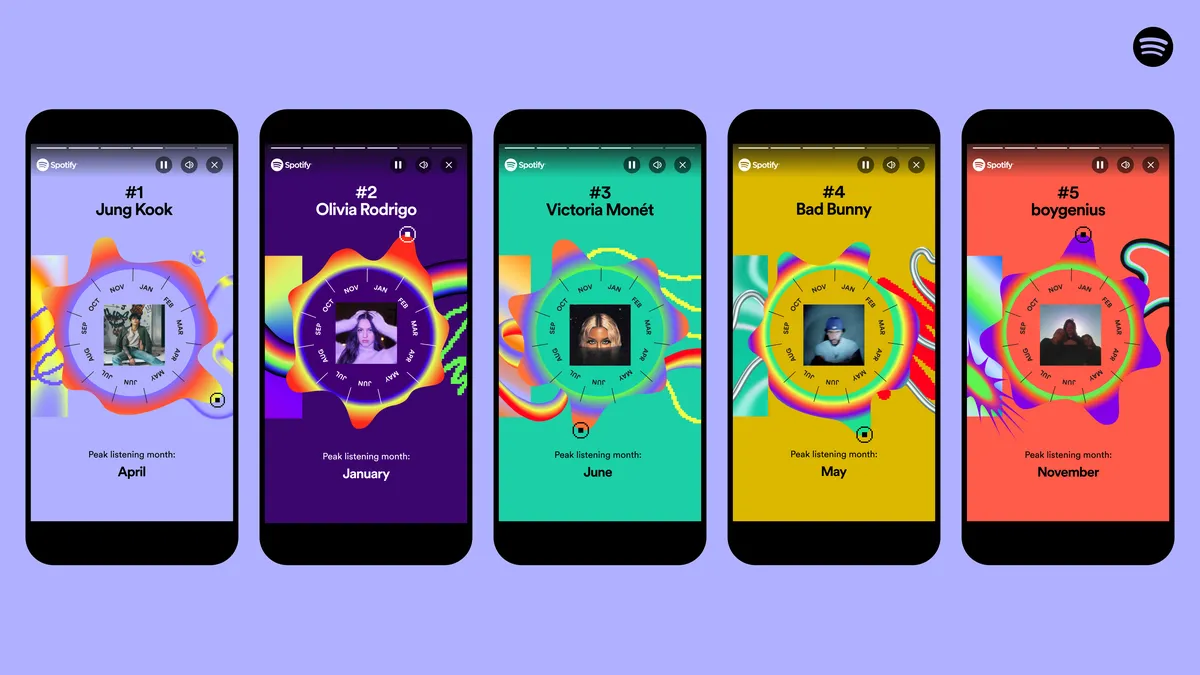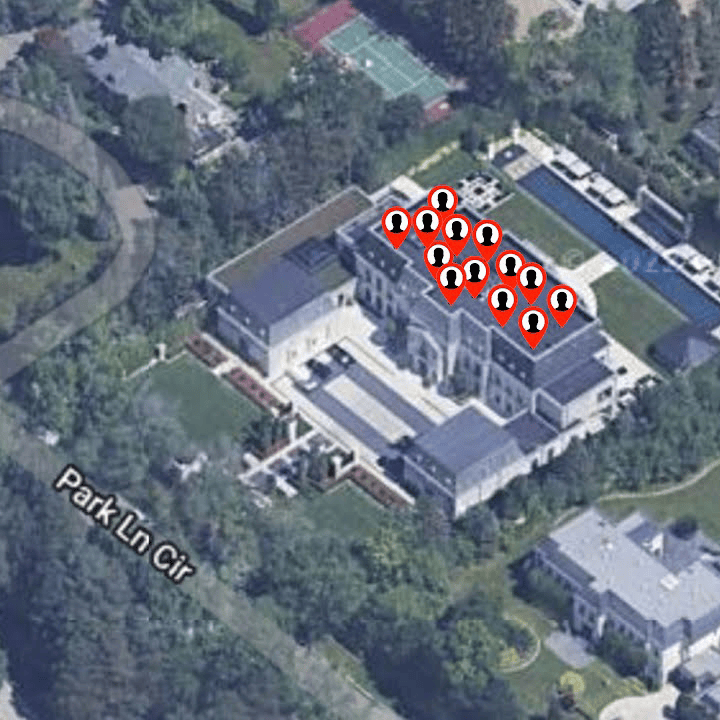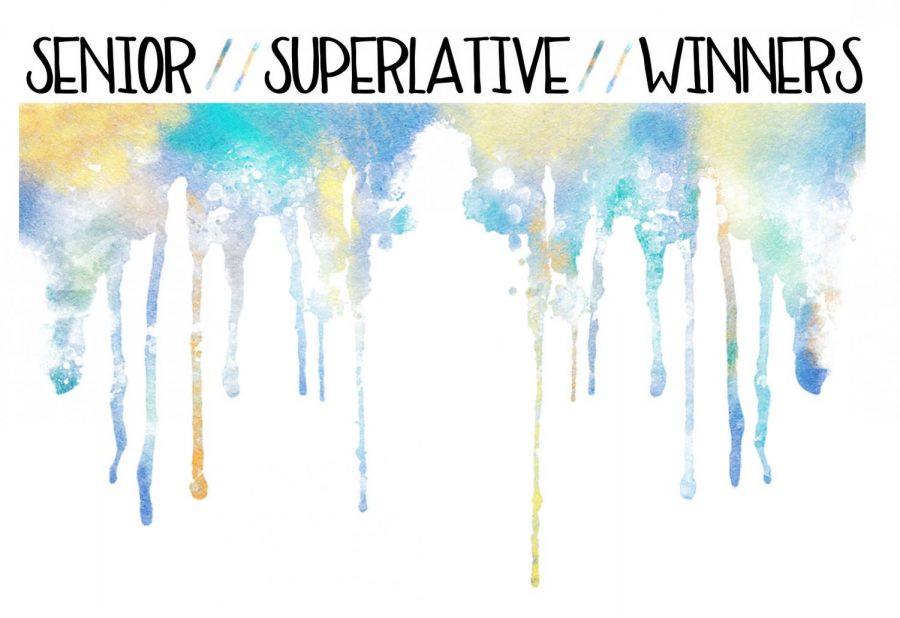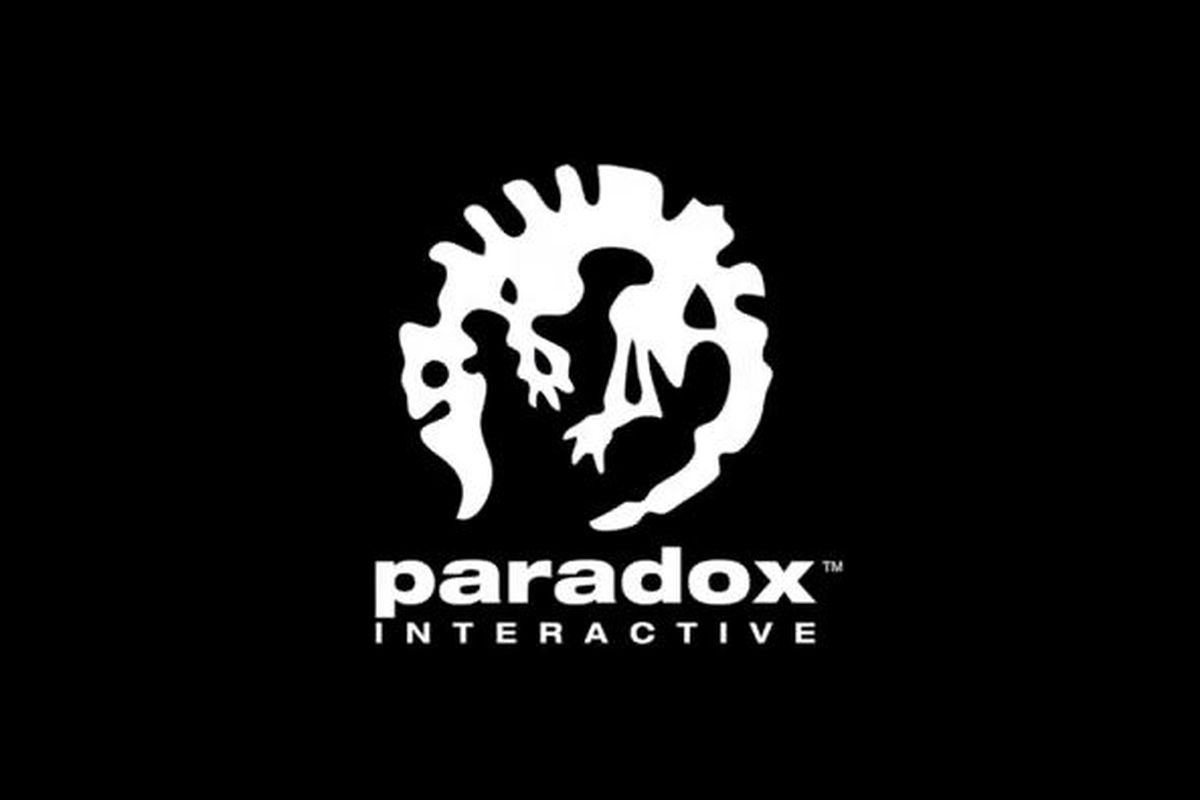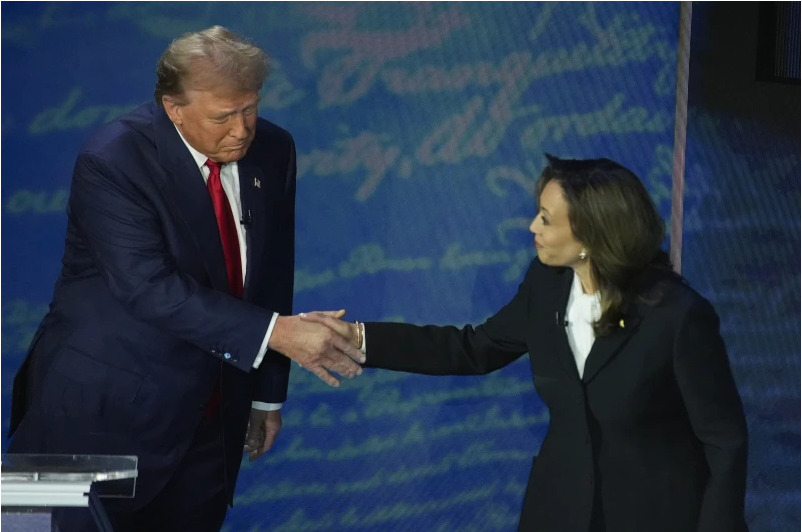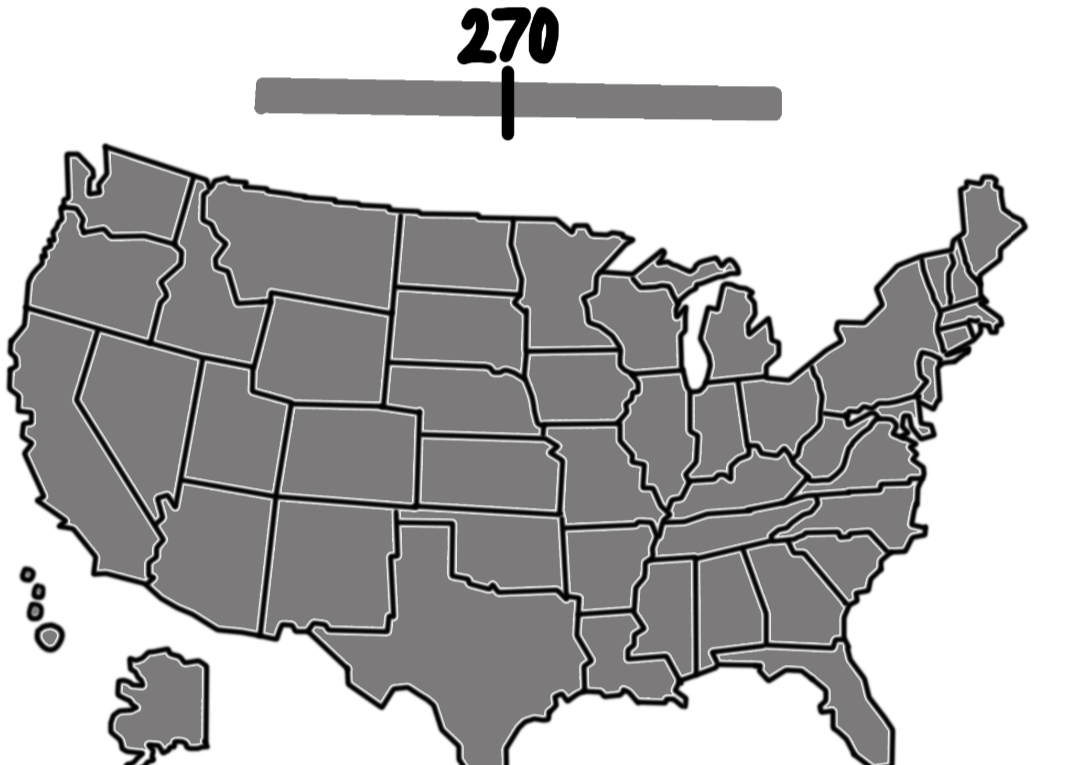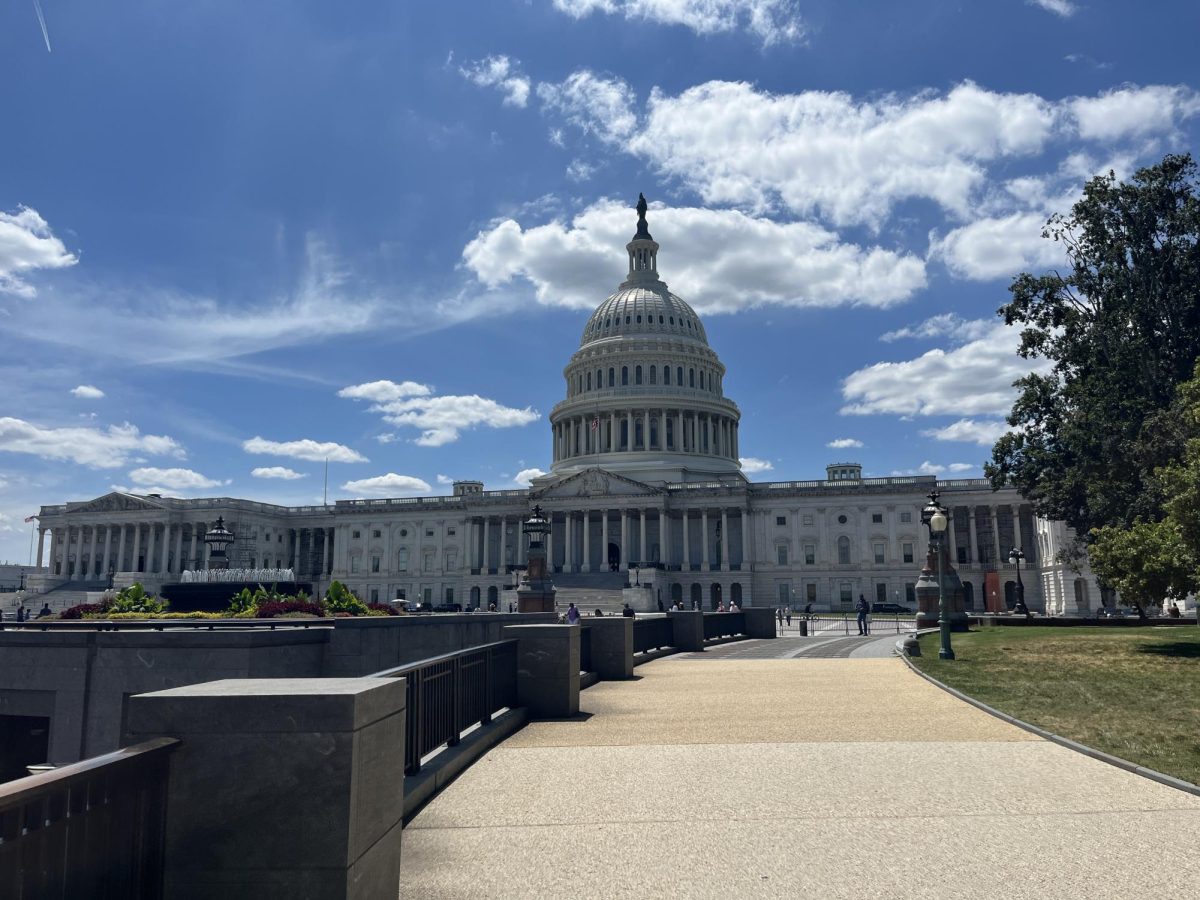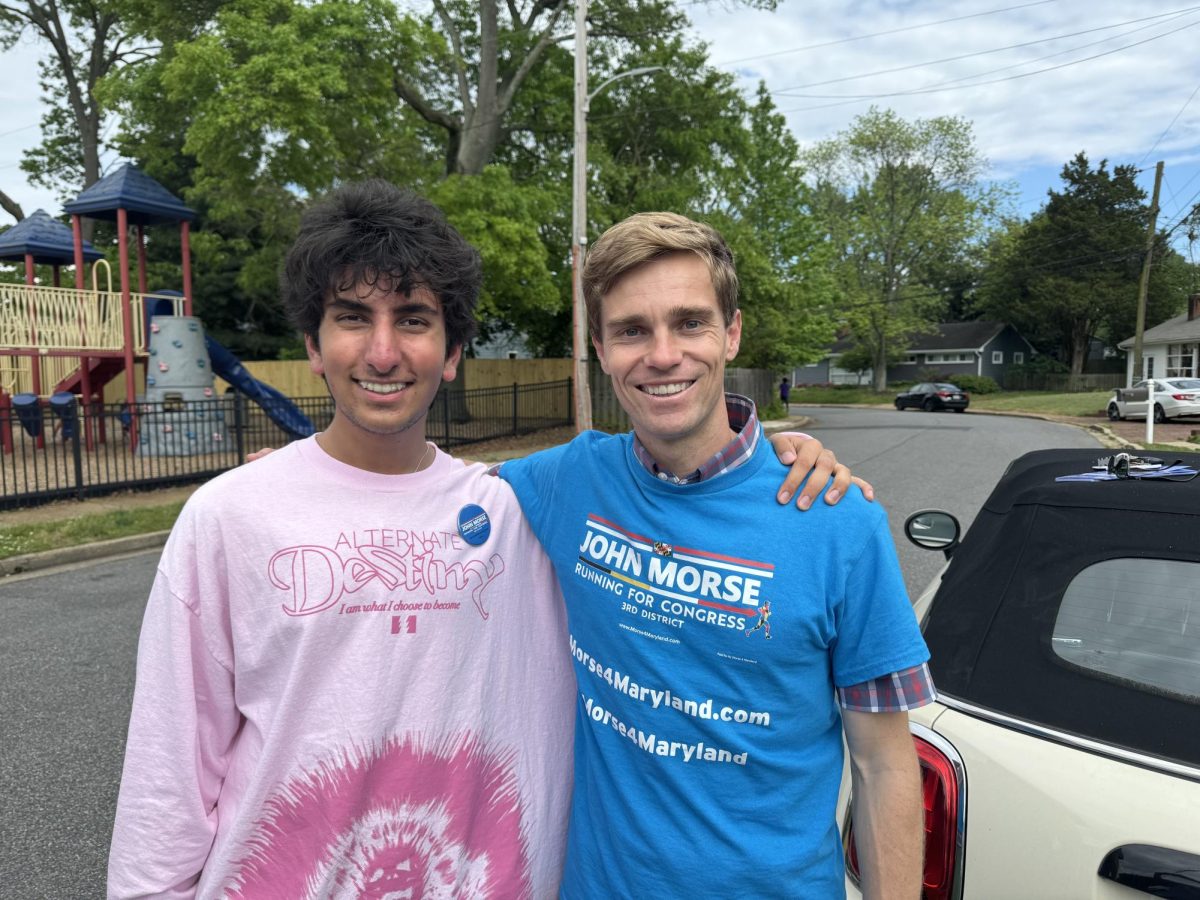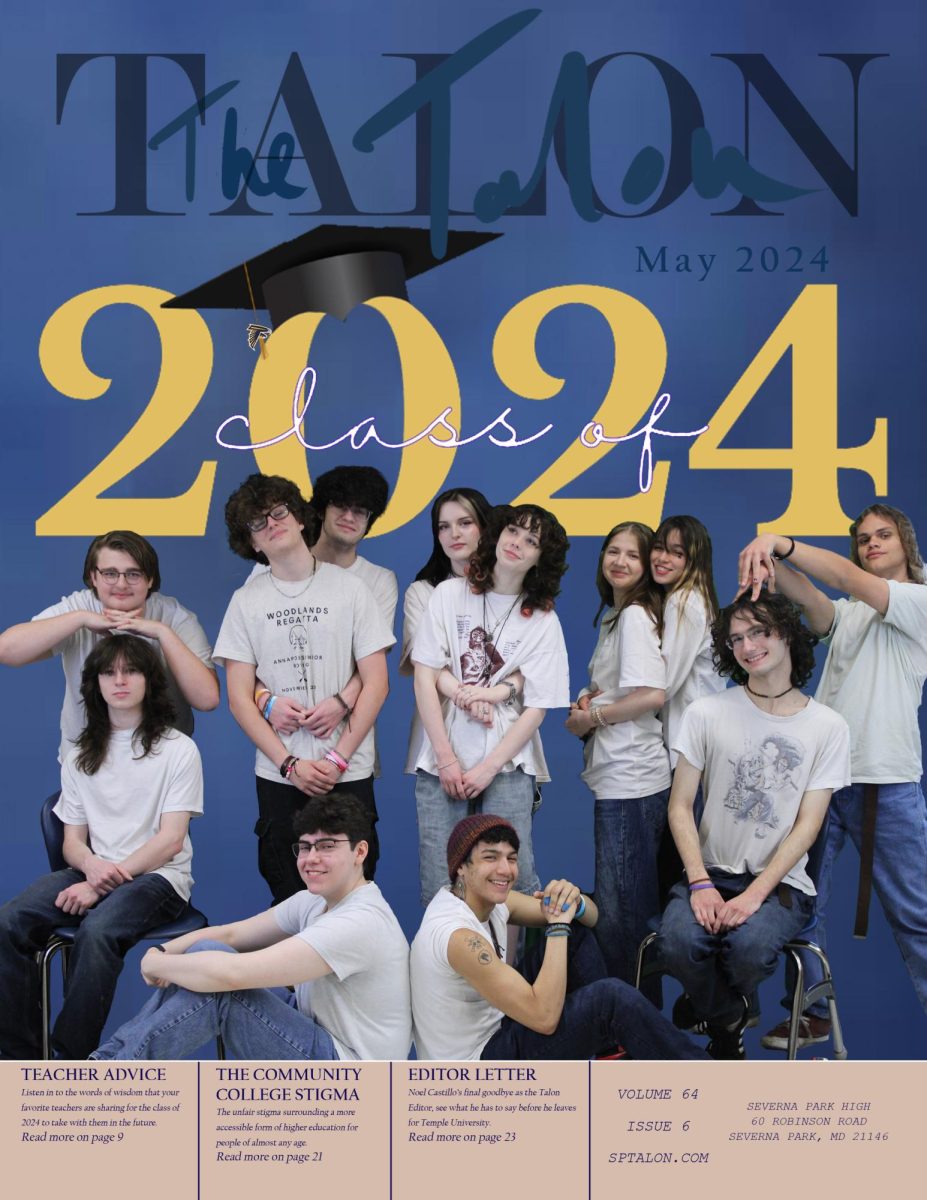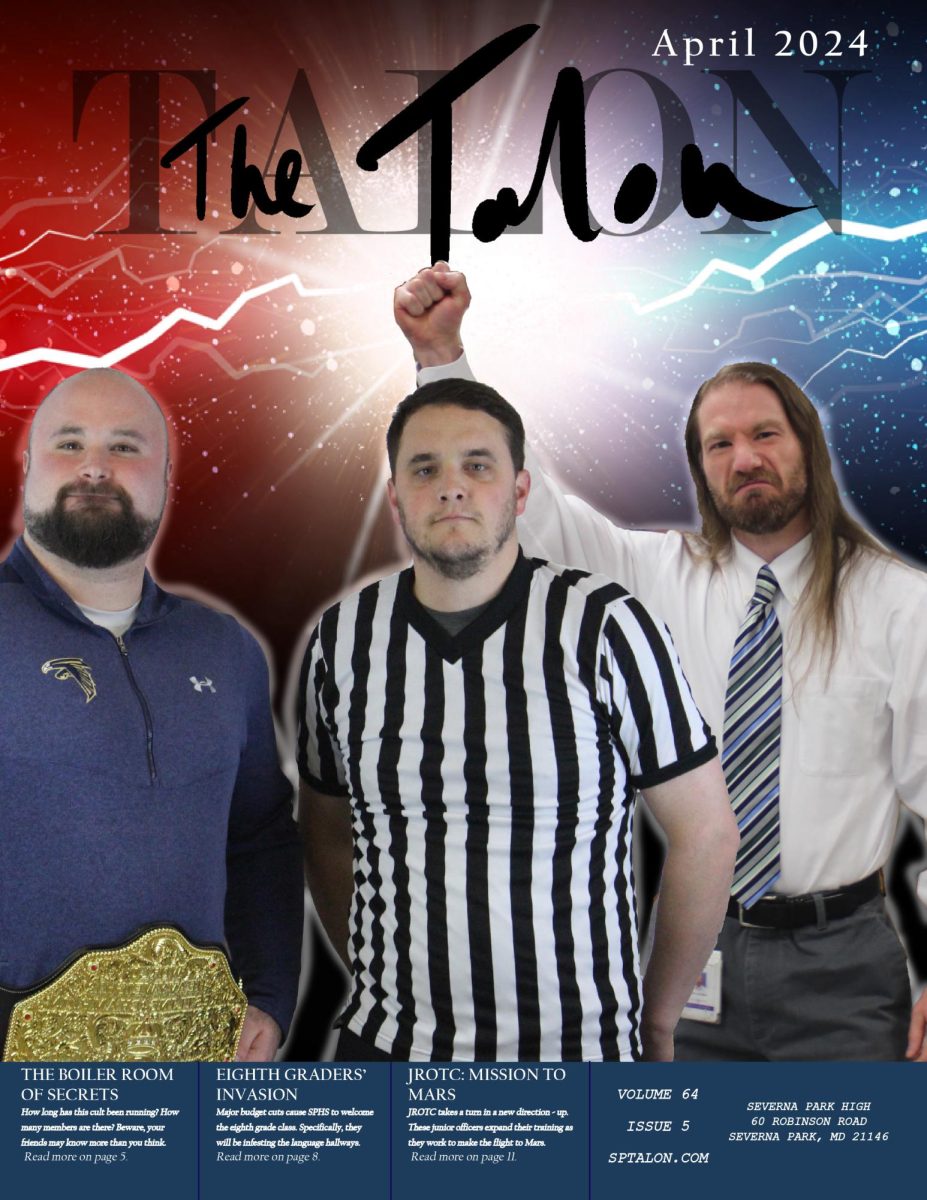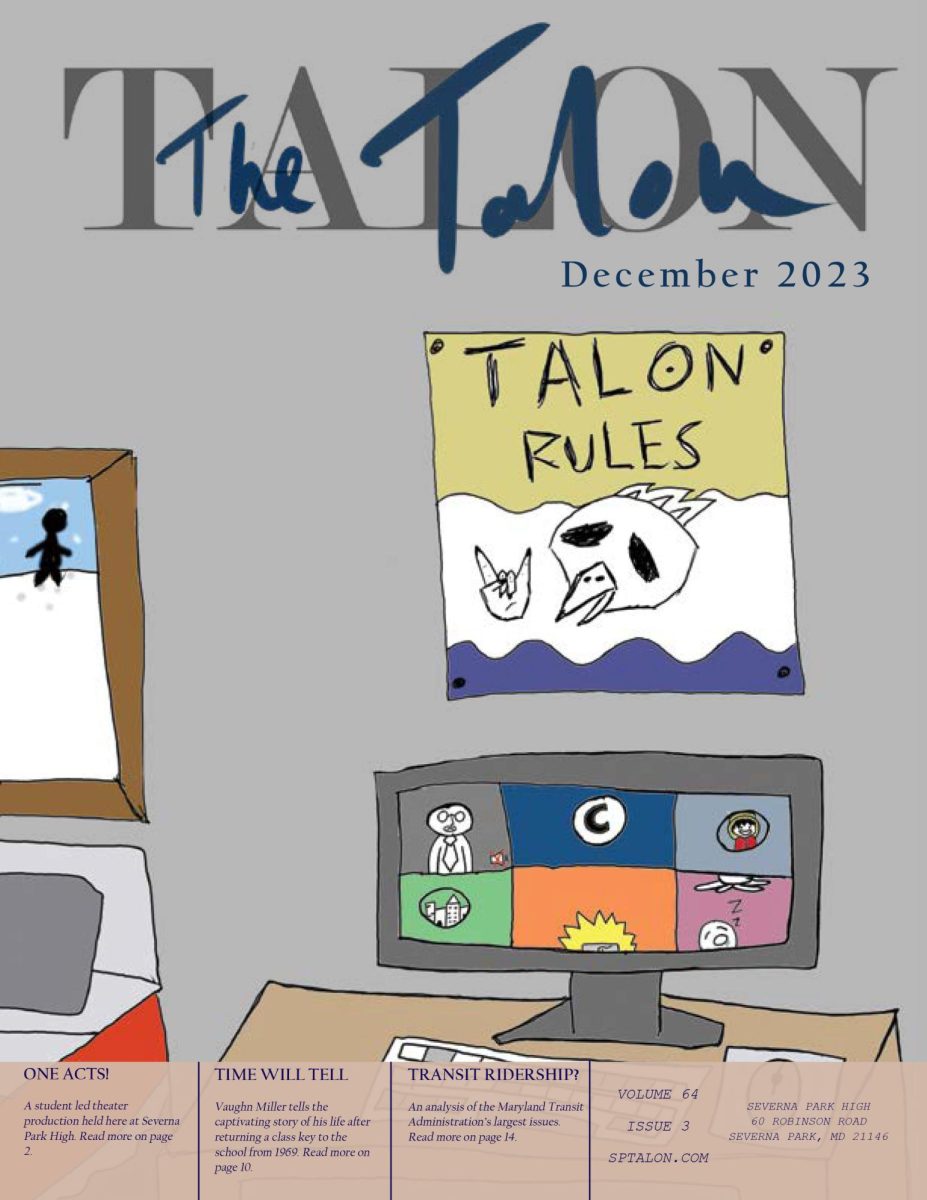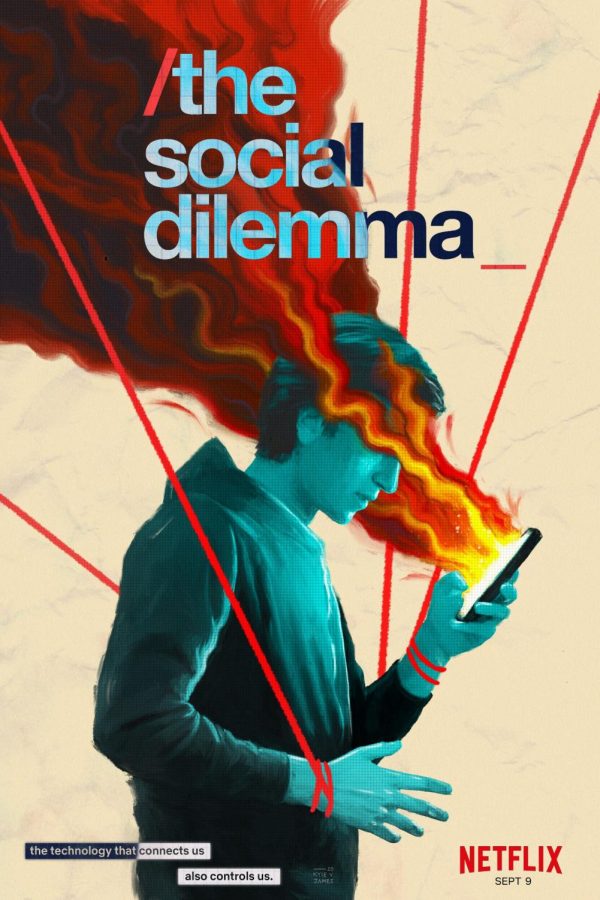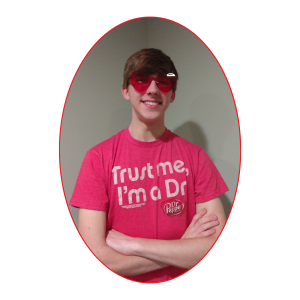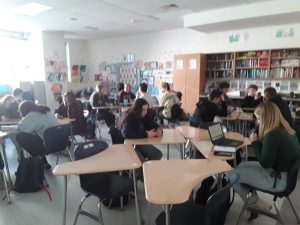“The Social Dilemma”
An awakening film on social media and its risk to society
Social media is having a dangerous effect on people all around the world. “The Social Dilemma” was a film created to highlight these dangers. “I wish more people could understand how this works, because it shouldn’t be something that only the tech industry knows,” Harris said.
October 29, 2020
“The Social Dilemma” is a film that was released during Park City, Utah’s Sundance at the beginning of 2020. After the Covid-19 outbreak, the film was updated to address the world’s current situation and the reformed version can be viewed on Netflix. The documentary targets the role of social media in the lives of teenagers and adults, as well as its impact on society. Created by the former directors and employees of major social media companies, the film’s goal is to teach the public about how the techniques used by tech giants can contribute to the way users think and behave.
The film begins by introducing a series of subjects such as Tristian Harris, former Google design ethicist, or Jeff Seibert, former senior director at Twitter, among 19 other social media and internet experts. Social media platforms, like other companies in a capitalist society, need to make money to stay afloat. These companies make money through the attention and engagement of users on their platforms. To do this, companies use programs and algorithms to continuously obtain information on their users. The algorithms calculate the amount of time users spend on certain posts, what topics users are interested in, or who a certain user is following to put similar posts in that person’s feed. Moreover, these technology companies keep all our information in their programs to collect information and create a model of us.
This is known as surveillance capitalism, a term that became well known after the release of “The Age of Surveillance Capitalism,” a book written by author and film subject Shoshana Zuboff. The programs and algorithms then put posts into our feeds that companies know will keep our attention, creating a time sink.
So, then the question is, why is this harmful? If TikTok continues to put Timothée Chalamet or soccer videos on my “for you page” how is that destructive? Social media companies have little restrictions on what information they present to users. For example, in 2018 Mark Zuckerberg, creator of Facebook was brought into Congress to review the Cambridge Analytica Scandal. Cambridge Analytica is a political consulting firm that has influenced hundreds of elections around the world and came to prominence through Facebook. In this hearing, Mark Zuckerberg claimed if social media ads and information incited violence on Facebook, they would be taken down, however if misinformation posted was not related to immediate physical danger the posts would be left up. In “The Social Dilemma,” the subjects address how the algorithms which track specific information an individual would like to see has led to this spread of misinformation or “fake news.” If a user is spending their time observing conservative or liberal posts then their algorithms will only show them information from one side of the political spectrum. This then leads to political polarization, which several societies are experiencing today. Not only is false information being spread, but users are repeatedly being shown posts affirming their beliefs attempting to understand opposing parties’ ways of thinking. “64 percent of the people who joined extremist groups on Facebook did so because the algorithms led them there,” the Internal Facebook Report of 2018 said. An example of this polarization and spread of misinformation can be seen through “Pizzagate,” the fake story claiming Hillary Clinton ran a child abuse ring at Washington D.C. restaurant Comet Ping Pong. The former social media creators and directors interviewed in this film believe if social media companies continue to run without regulation, it could lead to a civil war.
On a less dystopian, but still serious note social media has a significant effect on the mental health of its users, specifically kids and teenagers born after 1996.
“Social media starts to take over kids’ sense of self-worth and identity,” Tristian Harris said. According to the film, the number of teenage girls who are admitted to a mental hospital or have committed self-harm has been on an exponential rise since 2010. This marks the first generations to be on social media during their middle school years. Moreover, less teenagers are obtaining drivers licenses, going on dates, or taking risks. Social media sites created notification and like buttons to give users a happy feeling when they receive messages. However, when teens compare the amount of likes they get on a social media post to those of a friend they inflate this with lack of value. This and other techniques used by tech companies can lead to depression, anxiety, and other mental health disorders.
While social media has beneficial aspects to it such as connecting groups of people, it also has a darker side to it. “The Social Dilemma” on Netflix focuses on these more dangerous aspects to educate the public on applications and websites they use every day. More information can be found on the website: The Film- “The Social Dilemma” or by watching the film on Netflix. Simple ways to combat social media algorithms is by turning off notifications, avoiding clicking on the videos that are recommended for you, or using search devices that do not save your search history. Finally, remember that Guillaume Chaslot, engineer of the YouTube recommendation algorithm refuses to use his own invention.

